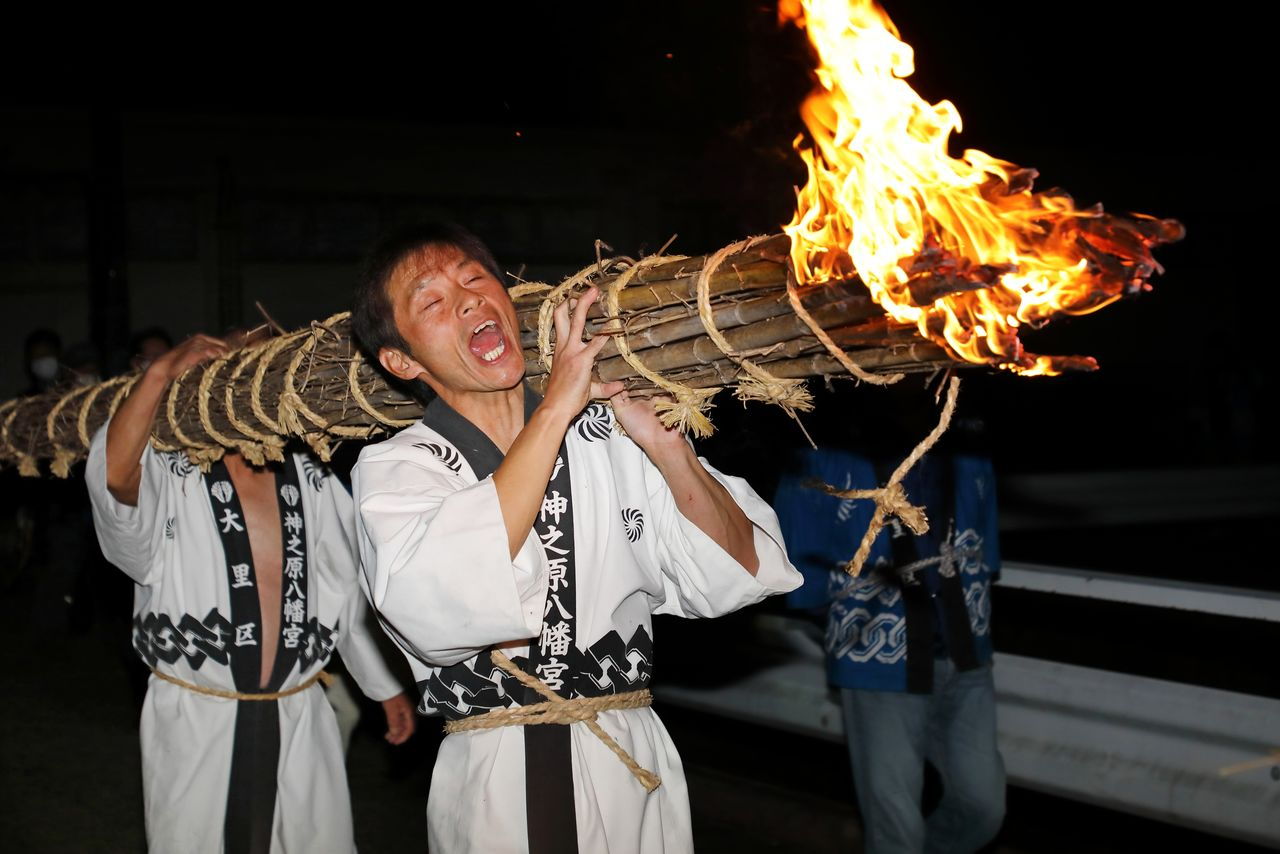
Israel Turkey’s foreign minister said Monday that the recent rapid advance of Syrian opposition fighters shows that Syrian President Bashar Assad must reconcile with his own people and engage in dialogue with the opposition.
Hakan Fidan said at a joint press conference with his Iranian counterpart in Ankara that Turkey and Iran have agreed to resume diplomatic efforts with Russia to restore calm. Rebels launched a lightning offensive a few days ago and captured almost all of Aleppo, Syria’s largest city. Turkey and Iran support opposing sides in Syria’s civil war.
The rapid advance of Turkish-backed fighters is a great embarrassment for Assad at a time when his allies – Iran and its backed groups and Russia – are busy with their own conflicts.
It is one of the strongest offensives by the rebels in years, raising the prospect of reopening violent fronts in the Middle East, where US-backed Israel is simultaneously fighting Hamas in Gaza and Hezbollah in Lebanon, both of which are allies of Iran.
Turkey supports forces opposing Assad, and Fidan blamed the recent outbreak of conflict on the Syrian government’s refusal to engage in dialogue with the Turkish-backed opposition.
“Recent developments have once again shown that Damascus must reconcile with its own people and the legitimate opposition,” Fidan said. “Turkey is willing to make all necessary contributions to this end.”
Turkey has been frustrated by the failure of recent efforts to reconcile with Assad. Fidan’s comments suggest that the shock offensive launched by opposition fighters may be aimed at pressuring the Syrian leader to engage in political negotiations.
Turkey has been seeking to normalize relations with Syria to counter security threats from Kurdish militant affiliates on its southern border and to help ensure the safe return of more than 3 million Syrian refugees. Assad has insisted that Turkey’s withdrawal from northern Syria is a condition for normalizing relations between the two countries.
Iranian Foreign Minister Abbas Araghchi visited Assad on Sunday before traveling to Ankara, where he reiterated Tehran’s full support for the Syrian government. Iran has been one of Assad’s main political and military backers and sent military advisers and troops to Syria after protests against his rule turned into all-out war in 2011.
Iran-backed Iraqi militias have been deployed to Syria to support a government counteroffensive against insurgents, an Iraqi militia official and a war observer said Monday.
The London-based Syrian Observatory for Human Rights said about 200 Iraqi militiamen crossed into Syria overnight in pickup trucks through the strategic Bou Kamal crossing and were expected to be deployed to Aleppo to support Syrian troops against the insurgents.
The Syrian rebel offensive has raised concerns among neighboring countries that the conflict could spread. Brigadier General Miqdad Miri, a spokesman for the Iraqi Interior Ministry, said more security forces had been deployed to protect the border with Syria.
Fidan reiterated Turkey’s support for Syria’s territorial integrity but said Turkey would not hesitate to intervene if Syrian Kurdish militias, which Turkey considers terrorists, “exploit the unstable environment.”
Fidan said it was a mistake to ignore the legitimate demands of the opposition and the Syrian regime’s lack of sincere participation in the political process.
“Turkey will never allow terrorist groups to take advantage of the unstable environment,” Fidan said. “We will eliminate any threat to the security of our country and our people.”
Fidan and Araghchi said Turkey, Iran and Russia will hold a new three-way meeting to resolve the Syrian conflict.
“We decided to hold closer consultations and dialogue and cooperate with God’s permission to further improve the peace and stability in the region,” Araghchi said.
Russia’s intervention in the Syrian civil war in support of Assad was key to turning the tide of the Syrian conflict, and Russia said it would continue to support Assad.
“We will continue contacts at the appropriate level and analyze the situation,” Kremlin spokesman Dmitry Peskov told reporters Monday, “to form a position on the measures needed to stabilize the situation.”
The Syrian Civil Defense Group, the White Helmets, which operates in opposition-held areas, said Syrian and Russian warplanes continued to bomb targets, twice striking four hospitals and the health directorate building in the city of Idlib.
Two patients at Idlib University Hospital died after their oxygen supply was cut off following the attack. AP reporters at the hospital showed that the ceiling and doors of the hospital were blown off, and ambulances and vehicles outside were also severely damaged.
The White Helmets said at least 15 civilians were killed in Idlib city and Idlib province.
Syrian Kurds fled the fighting in large numbers after Turkish-backed rebels seized Tel Rifaat from the US-backed Kurdish authorities. The Kurdish-led Syrian Democratic Forces withdrew for the most part and called for the establishment of a humanitarian corridor to allow people to travel safely to Aleppo in convoys and then to the Kurdish-led northeast.




